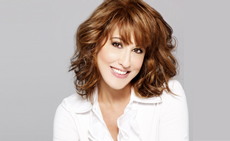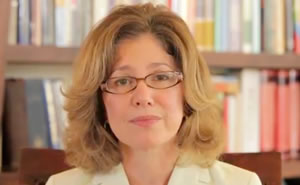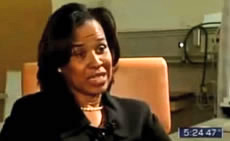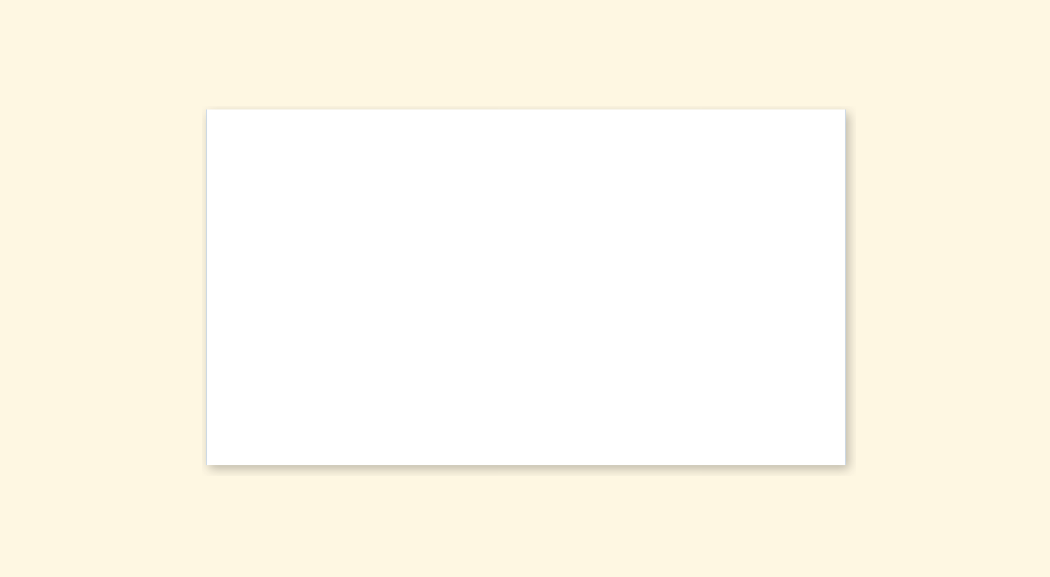
Blood Pressure
In 2025, Transcendental Meditation was included in the official U.S. clinical practice guideline for preventing and treating high blood pressure. The 2025 guideline from the American Heart Association and the American College of Cardiology, endorsed by the American Medical Association and other major health organizations, states: “Stress reduction through Transcendental Meditation may be reasonable to prevent or treat elevated blood pressure and hypertension, as an adjunct to lifestyle or medication interventions.”
This marks the first time a meditation technique has been formally recommended in the nation’s leading high blood pressure treatment guideline. TM was the only meditation program singled out; other stress-reduction methods such as breathing techniques and yoga were mentioned but supported by lower levels of evidence.
“This is a landmark acknowledgement of the evidence-base supporting the blood pressure-lowering benefits of Transcendental Meditation,” said Robert D. Brook, MD, Chair of the American Heart Association’s scientific committee on alternative approaches to lowering blood pressure and Professor of Medicine at Wayne State University. “The new guideline formally recognizes that Transcendental Meditation shows a consistent effect [AS4] [RHS5] [RHS6] [RHS7] for lowering blood pressure and can be offered safely alongside proven lifestyle changes and medications.”
The recognition of TM highlights a safe, non-drug option that individuals can incorporate alongside medical care and other lifestyle changes.
Blood pressure measures the force against the walls of your blood vessels as the heart pumps blood through the body. High blood pressure (hypertension) damages the vessels, strains the heart and is among the most serious of risks for cardiovascular disease. Over half of all deaths from stroke and close to half of all deaths from coronary heart disease can be attributed to hypertension.
Men and women are about equally likely to develop hypertension at some point in their lives. The main difference is that in men there’s a greater probability it will occur at a younger age. Scientists believe women are protected by estrogen. Their hypertension risk is less when they are younger but the risk increases as women approach menopause and by the age of 65 has outpaced that of the men. By the age of 75 almost 80% of women have high blood pressure. Perhaps because this occurs at a more vulnerable age, women are at higher risk to die from hypertensive related cardiovascular disease than men.
For women whose blood pressure is 140/90 or above, medication is commonly prescribed. But no matter how high an individual’s blood pressure may be or how successful their medication is in reducing it, changes in lifestyle including improvements in diet and behaviors should be—and usually will be—encouraged.
Many studies have been done on the TM technique and hypertension, including several randomized controlled trials on African Americans—the population that has the most difficult time controlling hypertension. In 2013, the American Heart Association, after a thorough review of the different non-medication and non-dietary approaches to hypertension, published their conclusion that the TM program is the only meditation practice that has been shown to significantly reduce high blood pressure and may be considered in clinical practice for the prevention and treatment of hypertension.
TM is the most effective stress-reduction program for reducing blood pressure
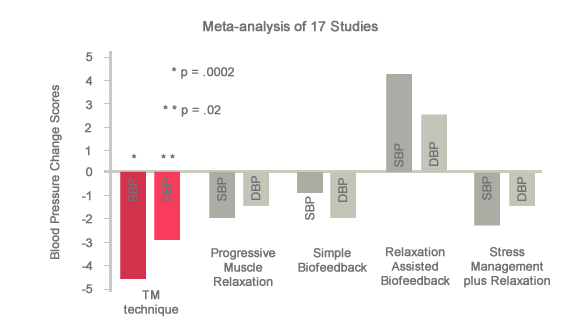
Reference: Rainforth, M. V., Schneider, R. H., Nidich, S. I., Gaylord-King, C., Salerno, J. W., Anderson, J. W. (2007). Stress-reduction programs in patients with elevated blood pressure: a systematic review and meta-analysis. Current Hypertension Reports, 9 (6): 520-528.
Meta-analysis of TM and Blood Pressure:
Nine RCTs

Reference: Anderson, J. W., Liu, C., & Krysclo, R. J. Blood Pressure Response to Transcendental Meditation: A meta-analysis. American Journal of Hypertension, 21(3), 310-316.
Dr. Cesar Molina has dual fellowships in Cardiology and Clinical Pharmacology from Stanford University Medical Center with special interests in preventive cardiology, stress reduction, exercise and cholesterol metabolism. Dr. Molina is also the Medical Director of the South Asian Heart Center at El Camino Hospital. According to Dr. Molina:
“…we need to remember that high blood pressure is, in fact, the most important risk factor for both stroke and coronary heart disease. Research studies have consistently demonstrated a drop in the blood pressure of people who practice the Transcendental Meditation technique.”
Reduction of High Blood Pressure
Through Transcendental Meditation
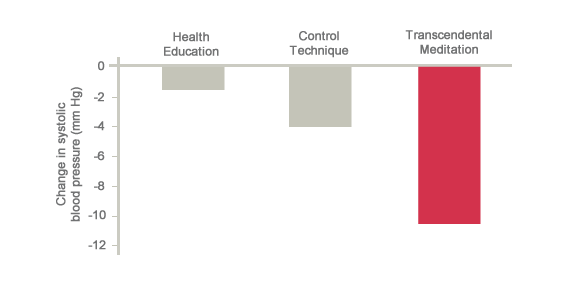
Reference: Hypertension 26: 820-827, 1995.
A partial list of journals that have published research showing that TM practice reduces high blood pressure:
- American Journal of Hypertension 21(3) (2008): 310-6.
- Current Hypertension Reports 9 (2007): 520-52 [full article]
- American Journal of Hypertension 18(1) (2005): 88-9 [full article]
- American Journal of Cardiology 95 (2005):1060-106 [full article]
- American Journal of Hypertension 17 (2004): 366-369.
- Psychosomatic Medicine, 61, 88, (1999): 525-53
- Journal of the National Medical Association, 89, (1997): 464-476.
- Hypertension 28 (1996): 228-237. [full article]
- Hypertension 26 (1995): 820-82 [full article]
- Journal of Personality and Social Psychology 57 (1989): 950-96
- Psychosomatic Medicine 45 (1983): 41-46.
- Harefuah [the Journal of the Israel Medical Association] 95(1) (1978): 1
- Psychosomatic Medicine 37 (1975): 86.
- Circulation 45 and 46 (1972): 516.
